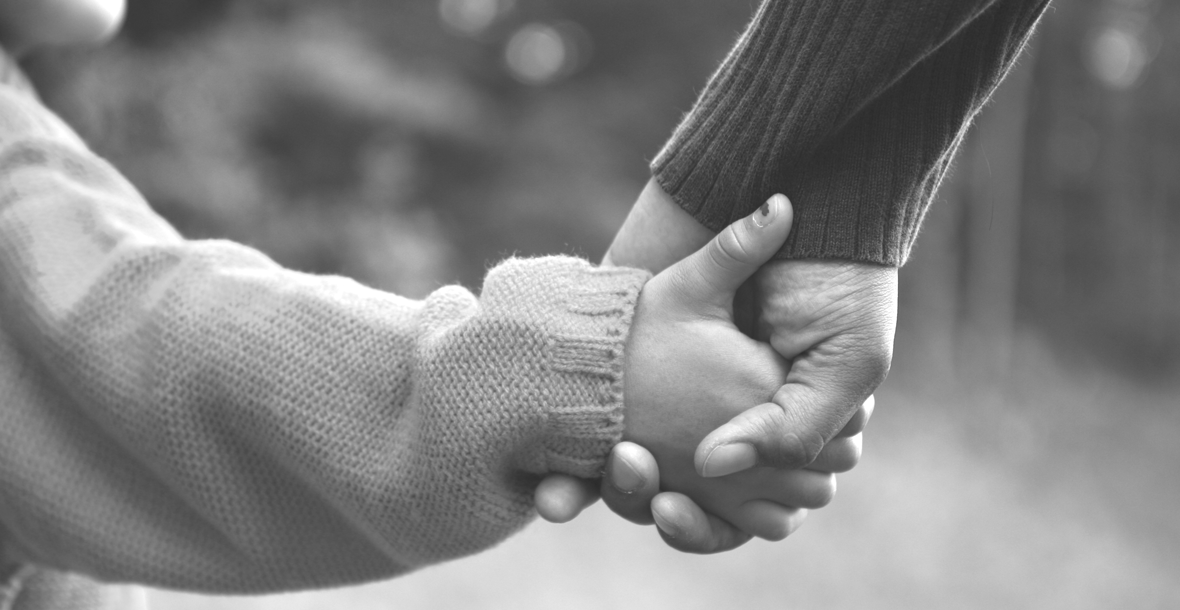Dr Stan Steindl, Clinical Psychologist
Mental health is complex. A number of factors contribute to it, including genetic factors that are largely out of our control. However, from the moment we are born, life experience comes into play as a significant contributor to our emotional and psychological development. And as a case in point, aspects to a child’s upbringing can increase their risk of developing anxiety that can last throughout childhood and into adulthood.
The awareness of parents’ role in developing anxiety in their children can lead to a sense of overwhelming responsibility. All of us would wish to raise healthy, happy children. And yet, the apple doesn’t fall far from the tree, as they say, meaning that children learn from what they see and experience from the adults in their world, especially their parents.
The attitudes and behaviours of parents is often modelled by children. Sometimes a parent will hear their child say something, such as “I’m so stupid, I’m sure I’m going to fail this test!” And it can be quite a shock as the parent realises: that is something I’ve said before myself! Even when parents might not consider themselves to be anxious, certain seemingly inconsequential but anxiety-related comments can“rub off” on the little ones who quickly pick up on it.
Parents who expect the worst, are fearful in social situations, avoid participating in activities because of feelings of apprehension, and work hard to always be in control, can sometimes find that their children mimic these behaviours, thereby developing their own fears and anxieties. On the other hand, for parents who are able to embrace change, be adaptable, calm and not over-reacting when life doesn’t go to plan, these kinds of qualities can also be passed onto children. It’s not easy! Parents have their own emotional challenges to cope with. Parenting can be really, really difficult.
However, if you recognise that your child is anxious, fearful or avoidant, take a step back to assess where the behaviours may have come from. This is not about blaming anyone! Parenting is really difficult. And we have to be very careful not to slip into harsh self-criticism. However, realising the importance of creating feelings of warmth, safeness, security, as well as calm and logical thought is enormously beneficial when it comes to building a happy and healthy child who can grow into a confident and flourishing adult.
If in this moment of reflection you recognise yourself as experiencing anxiety, reaching out for help from a psychologist is a very positive step forward for you…and generations to come. And while it is perfectly normal for children to fear new situations or be concerned about change, if your child’s fears are affecting their day-to-day functioning, psychologists can also help them to manage these fears and anxieties. Ultimately the goal is for the whole family to live life to its fullest.
For more articles and information on anxiety visit https://psychologyconsultants.com.au/anxiety/
